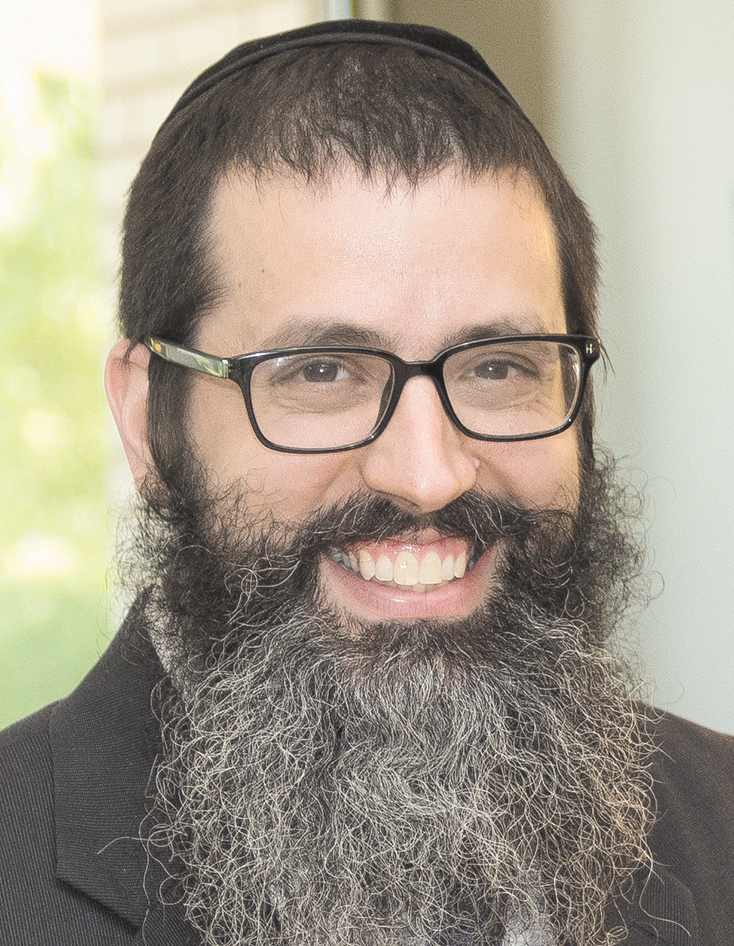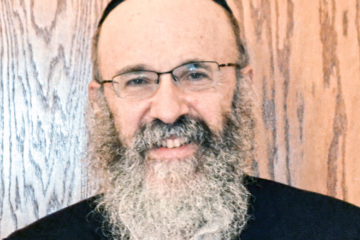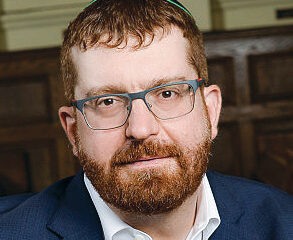Rabbi Hillel’s strong call to action

By Rabbi Levi Simon, Chabad of Greater Dayton
There is a captivating story in the Talmud that illuminates the extent to which Judaism values, loves, and is tolerant of all people — and teaches us to do the same.
There was once a gentile who wished to convert to Judaism but did not want to expend much effort in doing so, saying: “I would like to convert on the condition that you teach me the entire Torah while I am standing on one foot.” The potential convert, after being turned away from Rabbi Shammai, made his way to Rabbi Hillel.
Hillel answered him, saying, “That which is hateful to you, do not do to another; that is the entire Torah — the rest is its interpretation. Now, go and study (Talmud Tractate Shabbat 31a).”
Hillel’s answer and teaching must be studied carefully. Numerous questions come to mind. How can the entire Torah be encapsulated by this one mitzvah (commandment)? Aren’t there more fundamental ideas that could have been taught? Why did Hillel teach it in the negative form, when the Torah source is phrased positively: “Love your fellow as yourself (Lev. 19:18)?” And most importantly, is the command to love one’s fellow as much as one loves oneself really possible?
Chasidic teaching tells us that when we look through a spiritual lens, we become conscious of the unity of all souls and how each particular soul is a component of the single whole.
When we view our fellow human beings through this lens, we don’t see separate beings, but that we are from one source.
Self-love is so powerful it covers all of one’s shortcomings. The individual is well aware of his deficiencies but intellectual awareness does not evoke an emotion of distress, due to his intense self-love.
However, when another person perceives his fault, he becomes angry because his friend has revealed the flaw and now it becomes significant and no longer hidden.
That is what Hillel is warning us: Do not perceive another’s faults and imperfections to make them substantial. Instead, let your love for him be so great that it covers his flaw, not permitting it to move from awareness into an emotional feeling.
The purpose of the Torah being given to the Jewish people is to elevate the soul over the body and to facilitate the connection of the finite human with God who is transcendent. And each of the 613 mitzvot is a specific tool to achieve this unity with God. However, the mitzvah to love your fellow as yourself is fundamental, for it is this mitzvah that actually unifies the Jewish people together and God.
We can and must live up to this principle. The Rebbe (whose 30th yahrzeit was on July 9) included this concept in his mission statement and taught by example how one loves his fellow as oneself. That is the mission that I try to live up to and why there are thousands of Chabad centers throughout the world.
We are now in the Three Weeks period of the year when we recall the destruction of the Holy Temples and bring to mind the spiritual cause for that destruction. The sages of the Talmud taught that the Second Temple was destroyed because of the prevalence of sinat chinam, hatred of one’s fellow for no reason. It is our duty to rectify the mistakes of the past, for in every era that the Beit Hamikdash (Holy Temple) has not been rebuilt, it is as if it has been destroyed in that time.
This is a strong call to action that we need to reject calls of hate and redouble our efforts as a community to look at the true essence of each other with true love.
In this merit we will transform the world and reveal its true goodness with the coming of Moshiach, of Messiah.
To read the complete August 2024 Dayton Jewish Observer, click here.





